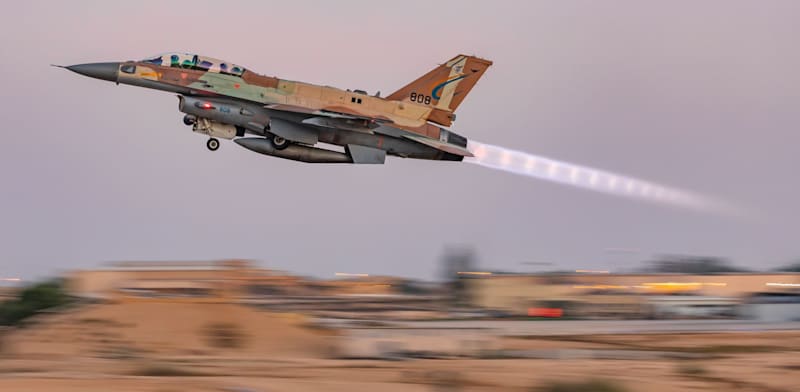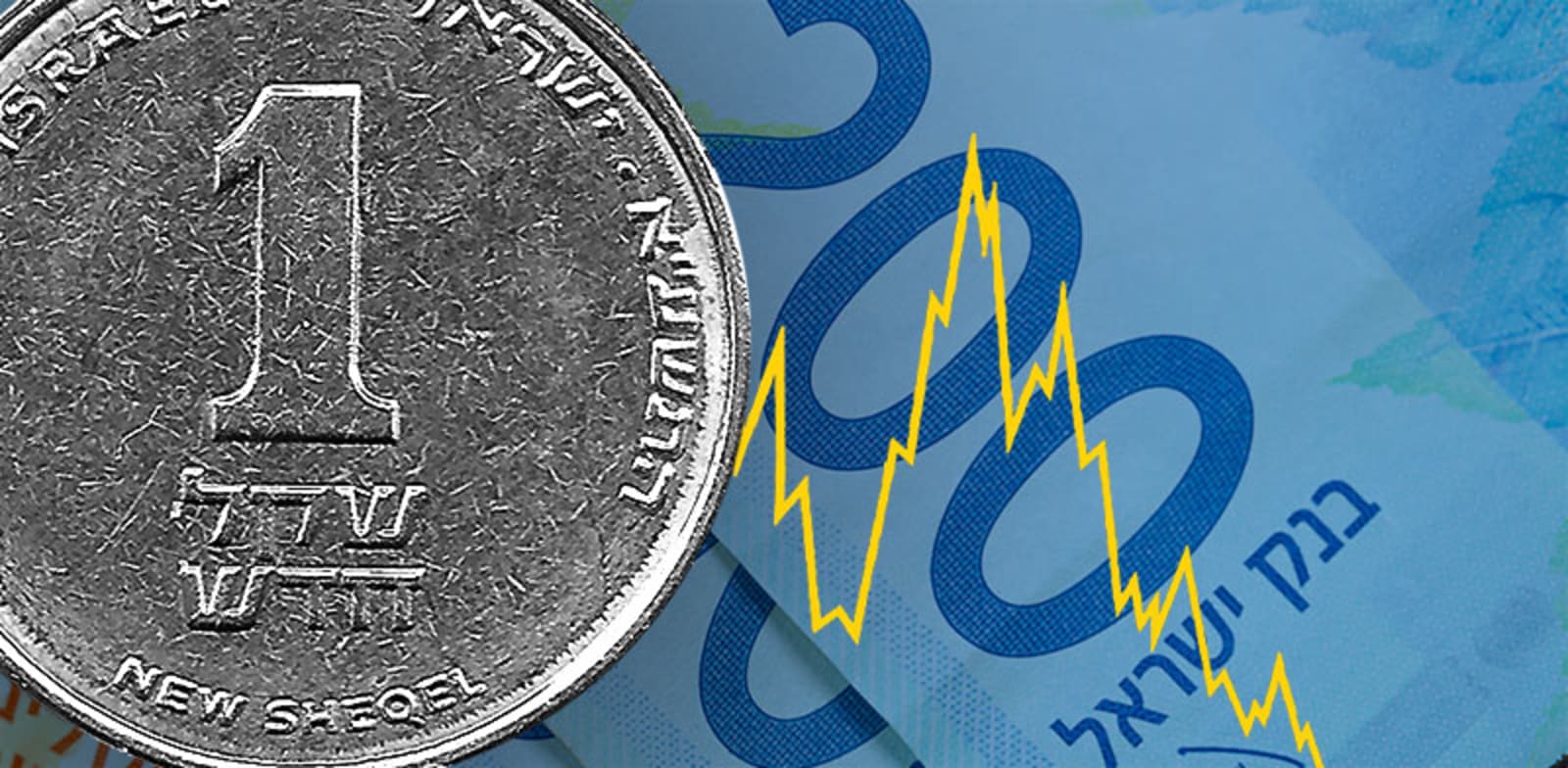ARTICLE AD BOX
Despite divestment from Canada's Bank of Nova Scotia, the Israeli defense electronics firm has become Israel's fourth most valuable company traded on Wall Street.
When the Russia-Ukraine war broke out in early 2022, the share price of Israeli defense electronics company Elbit Systems Ltd. (Nasdaq: ESLT; TASE:ESLT) rose on expectations of an increase in European defense budgets. Less than two years later the war in Israel broke out but then Elbit's share price trod water for months while other defense companies traded on the Tel Aviv Stock Exchange (TASE) soared by tens and even hundreds of percent.
However, in the past six months Elbit's share price has gained upward momentum. Since the end of June the company's share price has jumped almost 70% to all-time record highs, giving it a market cap of $13.3 billion.
On Wall Street Elbit Systems has become the fourth most valuable Israeli company after Teva Pharmaceuticals and cybersecurity companies Check Point and CyberArk. In recent weeks Elbit has leapfrogged Mobileye, Wix and NICE Systems.
Elbit has been managed for more than a decade by CEO Bezhalel Machlis. The company's controlling shareholder is Michael Federmann with a 43.9% stake currently worth $5.8 billion.
As of today, there are no other parties-at-interest in the company, but in previous years Canada's Bank of Nova Scotia held over 5% of Elbit Systems shares through its asset management company, but it sold a significant portion of its stake amid anti-Israel protests, which put pressure on Elbit shares, especially in early 2024. After the bank sold most of its holding, this pressure seems to have eased. According to the latest report, at the end of the third quarter the Canadian bank held 1.25% of Elbit shares, compared with 4.2% at the end of 2023.
The ceasefire won't have an influence
What has caused the stock to rise, and what is expected now that the ceasefire has taken effect? Leader Capital Markets analyst Ilya Fainer says "Elbit has risen because the business environment is very positive and strong. We are seeing an increase in defense budgets in many countries and an increase in defense procurement - of course also in Israel with a jump in the volume of Elbit's deals with the Ministry of Defense.
"Now, with Trump taking office as US president, he is putting pressure on NATO countries to increase budgets from 2% to 4% and even 5% (NATO countries are obliged to invest 2% of their GDP in the budget, and now Trump is talking about increasing the target). This raises expectations in the market for continued strength in the business environment and for Elbit to receive more orders."
RELATED ARTICLES
He believes that even with the ceasefire, Elbit will continue to operate vigorously. "We do not expect the ceasefire to lead to a slowdown in procurement, but on the contrary, it will continue and intensify. The Ministry of Defense signed a billion-shekel contract with Elbit to establish a new factory that will reduce dependence on overseas production. Even if the war in Ukraine ends - which is currently not in sight - the understanding is that we are heading into years of resupply and a positive cycle in the defense sector, which will lead to an increase in Elbit's results in the coming years."
In this context, Fainer adds that the war in Israel is fertile ground for Elbit's developments, and estimates that its products will enjoy higher demand since they have been "successfully tested" and [proven themselves on the battlefield. "Elbit is trading at higher multiples than the sector because it is also exposed to Europe and Israel, and companies that are exposed to Europe can profit significantly from the increase in defense budgets and the scope of activity, because countries of the continent underinvested in previous years," he says.
"The restriction - production capacity"
Fainer also mentions the improvement in the company's profitability. Elbit previously set a target for operating profitability of 10% in 2026 (compared with 8% in the first three quarters of 2024), and "The market understands that the business environment supports these goals." In addition to operating profitability, Elbit has also set a revenue target of $7 billion for 2026 and the company has already estimated that they will be able to bring the target forward and achieve it this year.
According to Fainer, "What currently limits Elbit is not the volume of demand - if it could produce and sell what customers need, it would easily surpass the target - but rather its production capacity. The company is expanding it, has invested in it and continues to invest in large volumes. We believe that it will reach the revenue target of $7 billion as early as 2025."
But all of this, he says, is already priced into the stock: "The market is pricing in continued gains in results, and to justify further upside, we would like to see a more significant improvement in profitability, or significant new wins, or progress on projects like the laser (for air defense)." Despite this, Fainer believes that the positive sentiment is expected to continue.
"It will achieve ambitious targets"
Oppenheimer also recently estimated that Elbit could be ahead of schedule in achieving its business targets, both for revenue and operating profitability. In the company's third-quarter financial report published in November, Elbit reported a record order backlog that grew by $1 billion to $22.1 billion in a quarter, alongside revenue of $4.9 billion in January-September (growth of 12.6%) and non-GAAP net profit of $272 million.
Oppenheimer analyst Omri Efroni wrote following the report, "We believe that Elbit may achieve the aforementioned revenue target ($7 billion) as early as 2025, due to the large and exceptionally growing order backlog, with the completion of new manufacturing plants in Ramat Beka and Modi'in expected to accelerate the future growth rate in revenue." He added that the CAPEX (capital expenditures) level is expected to remain constant after the company completed large investments in upgrading its ERP system and establishing the plant in Ramat Beka, which he believes will strengthen its free cash flow in the future.
Oppenheimer (i8n November) raised the price target for Elbit to $280, and kept an "outperform" recommendation. The target price was then 13.6% higher than the stock market price, but the share price has since continued to climb and has already surpassed it.
Efroni noted at the time, "The impressive growth in the order backlog supports the forecast of an acceleration in the rate of revenue growth, in parallel with an improvement in profitability rates and cash flow. Elbit excels in growth and profitability rates that are exceptional for the defense industry, in light of technological innovation and diversification among a range of fields."
He added that sales in Israel grew significantly, by 116%, due to the war and significant demand from the IDF for armaments, while revenue from Europe fell by 13% due to prioritizing the supply of armaments to Israel.
Published by Globes, Israel business news - en.globes.co.il - on January 21, 2025.
© Copyright of Globes Publisher Itonut (1983) Ltd., 2025.

 6 days ago
19
6 days ago
19








 English (US) ·
English (US) ·